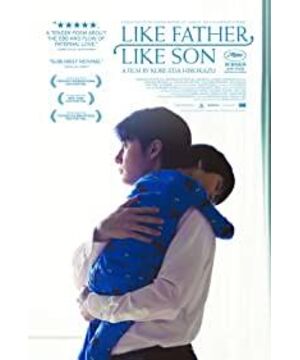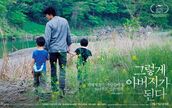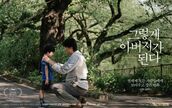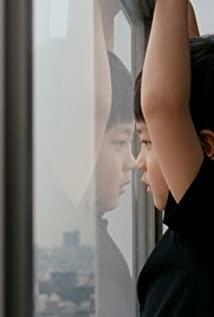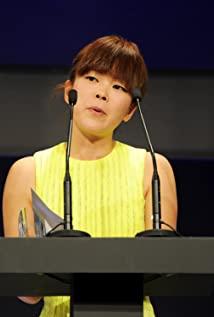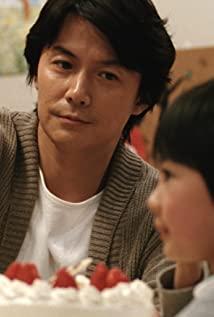If the movie simply attributed the theme to the father-son family relationship, it would obviously fall into a cliché, and it is often a plot of admitting a wrong child in Korean dramas, but the delicate techniques of Japanese movies have raised the movie to a higher level. The 2-hour session is not only about family love, but also about the common points and intersections of the growth of the three generations of father and son, as well as the bits and pieces of getting along between husband and wife, adults in the eyes of children and children in the eyes of adults. We always look at the world with the thoughts and eyes of adults, and we take it for granted that what we do can never be wrong, but we often overlook that children's hearts are sensitive and fragile. The film not only takes care of the parents' emotions, but also depicts the inner world of the child. The filming is meticulous in how to choose between the children who are related by blood and those who have been raised for a long time.
In traditional countries like China and Japan, inheritance is more important than marriage in many cases. Unlike European and American countries, one cannot live together without love. Husband and wife are originally two people without blood relationship, but in the end they have to support each other for the rest of their lives. Children are the closest people to their parents in this world, but many times we don't know each other. The film does it all, breaking convention, going with the heart, following the feeling of love, and is great when it comes to making the choice of an unrelated son.
View more about
Like Father, Like Son reviews


